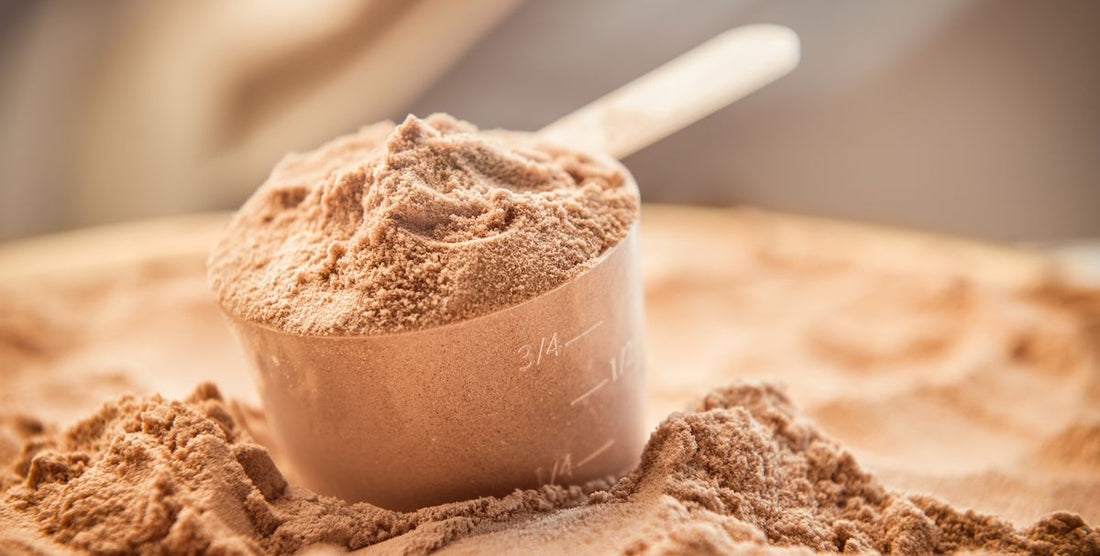What is BCAAs?
BCAAs stand for branched-chain amino acids. There are three essential amino acids in BCAAs: leucine, isoleucine, and valine. Because of their unique molecular structure, these amino acids are called branched-chain amino acids. There is no doubt that BCAAs are essential. The body cannot produce them on its own, so they must be obtained through diet or supplementation. Protein-rich foods such as meat, poultry, fish, eggs, dairy products, and legumes contain them.
Vitali Zen Supplements BCAA Protein Powder Fruit Punch can be an excellent option for you.

The Role of BCAAs in Muscle Growth
BCAAs play a central role in muscle protein synthesis (MPS), the process by which new muscle tissue is built. Leucine, the most abundant BCAA, is particularly important for MPS. It triggers a signaling pathway called the "mTOR pathway," which activates the production of new muscle proteins.
In addition to their role in MPS, BCAAs also help to reduce muscle breakdown, particularly during exercise. When you engage in strenuous physical activity, your muscles break down some of their protein stores to generate energy. BCAAs can help to mitigate this muscle breakdown, thereby preserving muscle mass.
The Benefits of BCAAs for Muscle Recovery
Adequate BCAA intake is essential for optimal muscle recovery. During exercise, free radical production increases, which can damage muscle tissue and hinder recovery. BCAAs act as antioxidants, neutralizing these free radicals and reducing muscle damage.
Furthermore, BCAAs promote the production of glucagon, a hormone that helps to break down glycogen stores and provide energy for muscle repair. This contributes to faster recovery and improved muscle function.Our BCAA Honeydew Watermelon powder may help you with muscle growth.

How to Get Enough BCAAs
The recommended daily intake (RDI) of BCAAs is around 1.2 grams per kilogram of body weight. However, active individuals, particularly strength training athletes, may need more.
A balanced diet rich in protein-rich foods can provide adequate amounts of BCAAs. Lean meats, poultry, fish, eggs, and dairy products are excellent sources of BCAAs. Plant-based sources of BCAAs include quinoa, spirulina, and tofu.
For individuals with high protein needs or those who struggle to meet their BCAA requirements through diet alone, BCAA supplements can be a helpful addition. These supplements typically contain a balanced ratio of leucine, isoleucine, and valine.
When to Take BCAAs
BCAAs can be taken at various times throughout the day to enhance muscle growth and recovery. Here are some of the recommended times to take BCAAs:
- During exercise: Consuming BCAAs during your workout can help to reduce muscle breakdown and provide sustained energy.
- Before and after exercise: Taking BCAAs before and after exercise can support optimal muscle growth and recovery.
- In between meals: Consuming BCAAs between meals can help to maintain muscle protein synthesis and prevent muscle breakdown.
Conclusion
BCAAs are essential amino acids that play a crucial role in muscle growth and recovery. By incorporating BCAAs into your diet or supplementing with them, you can support your strength training goals and enhance your overall fitness.
Remember to consult your doctor before starting any new supplement regimen, especially if you have any underlying health conditions.

